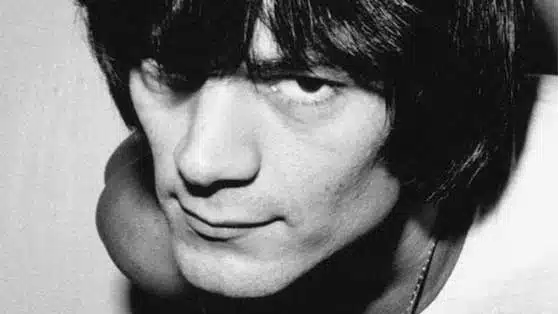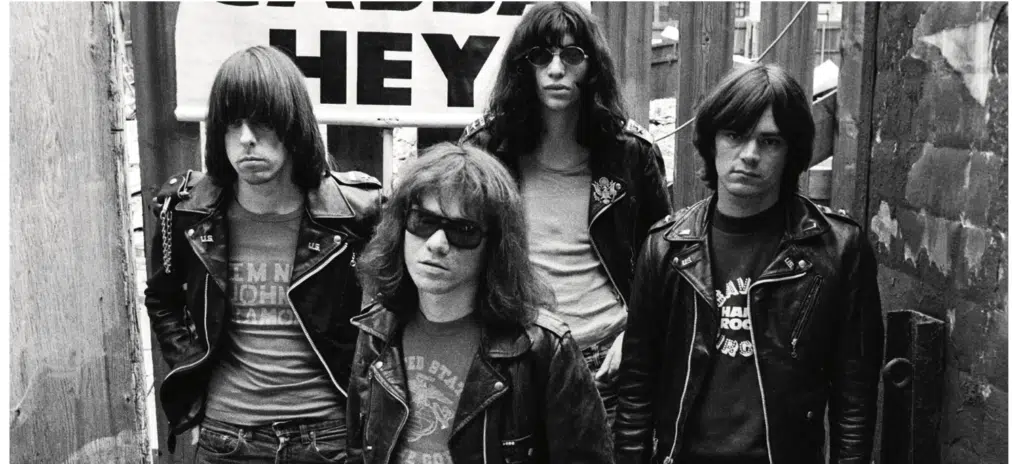Dee Dee Ramone | Heroin Overdose Death
- About Dee Dee Ramone
- The Ramones
- How Dee Dee Ramone Died
- History Of Substance Abuse
- Did Dee Dee Attend Drug Rehab?
- Recovery Is Possible

On June 5, 2002, Dee Dee Ramone was found dead in his Los Angeles home. The cause of death was later ruled to be a drug overdose due to heroin.
Before his death, Ramone was the primary bassist, lyricist, and songwriter for punk rock pioneers The Ramones.

Ramone played an influential part on the band’s hits such as “I Wanna Be Sedated,” “Blitzkrieg Bop,” and “Rockaway Beach,” songs which became blueprints for modern pop and punk music.
Beyond the music, both Dee Dee Ramone and his bandmates struggled with drug addiction, mental health struggles, and conflicting personalities.
Their difficulties would contribute to their eventual breakup and persist in their personal lives. By 2014, all founding members of the band had passed away, leaving behind a legacy of a volatile yet highly influential punk band.
The Ramones were inducted into the Rock and Roll Hall of Fame in 2002, shortly before Dee Dee Ramone’s death.
About Dee Dee Ramone
Ramone was born Douglas Glenn Colvin on September 18, 1951 in Fort Beach, Virginia.
He grew up in Germany until the age of 15, when he moved with his mother to Forest Hills, Queens, New York City. While attending high school, Colvin befriended Jeffrey Hyman, John Cummings, and Tamás Erdélyi, his future bandmates in The Ramones.
Colvin was the first to adopt the “Ramone” moniker as a stage name, inspired by Paul McCartney. He encouraged his bandmates to do the same, and as a result, Hyman became Joey Ramone and lead singer of the band, Cummings became Johnny Ramone, and Erdélyi became Tommy Ramone.
The Ramones
The Ramones released their debut album in 1974, and gained a cult following due to their fast-paced, frenetic music. The longest song on their first album was about two minutes long. The band continued to record music and tour until 1996, shuffling band members along the way.
Solo Career
Outside of The Ramones, Dee Dee Ramone would record several solo albums, taking on personalities such as the rapper Dee Dee King, the project Dee Dee Ramone and the Chinese Dragons, and the tribute band The Ramainz with his wife Barbara Zampini and former bandmate Marky Ramone.
How Dee Dee Ramone Died
On June 5, 2002, Ramone’s wife Barbara came home to their Hollywood, California apartment and saw Ramone unconscious on a couch with drug paraphernalia around him. Responders confirmed Ramone’s death around 8:40 P.M. that day.
Reports from the Los Angeles County Coroner’s Office stated the cause of death was an accidental drug overdose. Dee Dee Ramone died less than one year apart from Ramones singer Joey, who succumbed to lymphoma.
Ramone is buried at the Hollywood Forever Cemetery in Hollywood, California. His bandmates and contemporaries remembered his life as a tumultuous but ultimately fulfilling one.
Dee Dee Ramone’s History Of Substance Abuse
In his 2000 autobiography, Lobotomy: Surviving The Ramones, Dee Dee Ramone detailed his tumultuous childhood and adolescence, where his drug abuse habits began. He writes that his parents both abused alcohol heavily and subjected Colvin and his sister to physical abuse.
Dee Dee Ramone abused LSD, heroin, and methadone during his teenage and adult years. He continued to abuse drugs as a part of his rock star status. However, after leaving The Ramones, he committed to sobriety, and was thought to be sober until his sudden death in 2002.
Did Dee Dee Ramone Attend Drug Rehab?
Dee Dee Ramone likely sought help for his drug addiction and mental health struggles. Despite over a decade of supposed sobriety, his death was the result of relapse and accidental drug overdose.
Recovery Is Possible
Unchecked substance abuse habits can have long-term effects on your physical and mental health, and even long-term sobriety can leave you at risk of relapse.
However, recovery is possible with a professional substance abuse treatment program and a solid foundation for lasting support. To learn about our treatment centers, and how our alumni help people maintain recovery, please contact us today.
Written by Ark Behavioral Health Editorial Team
©2024 Ark National Holdings, LLC. | All Rights Reserved.
This page does not provide medical advice.
IMDB - Dee Dee Ramone
The New York Times - Dee Dee Ramone, Pioneer Punk Rocker, Dies at 50

Questions About Treatment?
Ark Behavioral Health offers 100% confidential substance abuse assessment and treatment placement tailored to your individual needs. Achieve long-term recovery.
100% confidential. We respect your privacy.
Prefer Texting?
Our friendly support team is here to chat 24/7. Opt out any time.







 Learn More
Learn More








